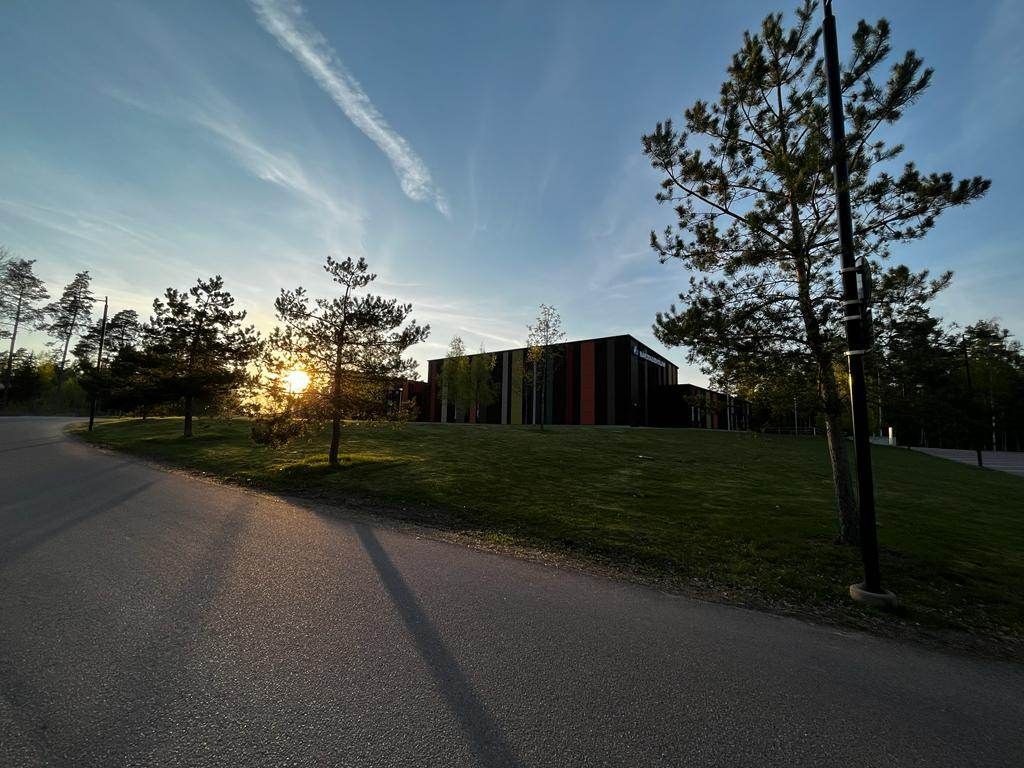Sweden is renowned for the benefits it provides to families as well as the strong rights that children have. From the school education to the laws and rights ensuring that children are protected, kids have the best opportunities to grow up safely and develop their personalities.
The Swedish educational system is one of the most progressive and effective in Europe and is highly esteemed worldwide. In addition to children enjoying benefits from the state, parents are undoubtedly beneficiaries as well because of the structure of the educational system, which involves them as little as possible in their child’s education.
Compulsory education is ten years, and schooling is fully subsidized by taxation without any burden on the family, whether it’s public or private school. There’s no need for private tutoring or foreign language classes, while extra-curricular sports activities are offered either for free or at a very low annual cost so that everyone can participate.
For children aged 6-13, extracurricular care is provided before and after school hours, which facilitates working parents.
Noteworthy is the fact that since 1979, Sweden has made it illegal to physically punish children both at home and at school and is, in fact, the first country in the world to implement such a law. The prohibition of any physical punishment of children in Greece was only established in 2006 (!).
Additionally, there are many organizations in Sweden to which young people can turn if they need help defending their rights.

How the Educational System of Sweden Works
- Parental involvement in home reading is not encouraged, as reading required outside school hours is minimal.
- Students choose which subject to study for two hours per week.
- Exams are not applied as a practice because they discourage cooperation and reinforce individualism.
- One day a week, a student may choose not to attend the first hour of class if they wish to sleep a little longer.
- Students are not graded per quarter but evaluate teachers and conditions at school.
- Swedish schools collaborate with various organizations to encourage children’s interest in both technology and entrepreneurship.
- Each class is tasked with managing a small budget, which they direct after conducting relevant market research.
- Every child has the right to be taught within school and the school curriculum at least once a week in their mother tongue, by teachers of each mother tongue.
- Excursions and extracurricular activities are part of the school program and are not rewards.
- They also play electronic games at school, which are provided to them, so they are not considered forbidden.
- Food is the school’s responsibility; there are no canteens, and if a student wants to bring something from home, they are limited to fruits, cereals, or vegetables, never sweets, energy drinks, and in this case, a very low monetary limit is always set so that everyone has the opportunity.
- Over the weekend, children can use the school’s sports facilities, ice rink, and all its facilities, which all students have access to, even for events outside school hours.
- Parties are held at school after consultation with the parents’ association, while children ensure that the classes are returned in the same condition they were received.
- Parents receive a monthly allowance of €125 per child from the day of their birth until they reach adulthood, with an increase for multiple children. For example, a family with three children receives an allowance of about €440 per month.
- Until the child is 12 years old, both parents are entitled to leave in case the child is sick and they cannot go to work unexpectedly. A simple electronic application is enough to receive at least 80% of the daily wage for the day or days they will take care of the child at home.
- All children under the age of 18 do not pay anything for medical expenses (regular or emergency visits to doctors, surgeries, in all specialties), medicines, dentists (orthodontic interventions or braces are also free).
- When parents have separated, equally shared care is the rule, and only in exceptional cases does the court decide otherwise, creating a social norm and helping children adapt to the new family reality.
